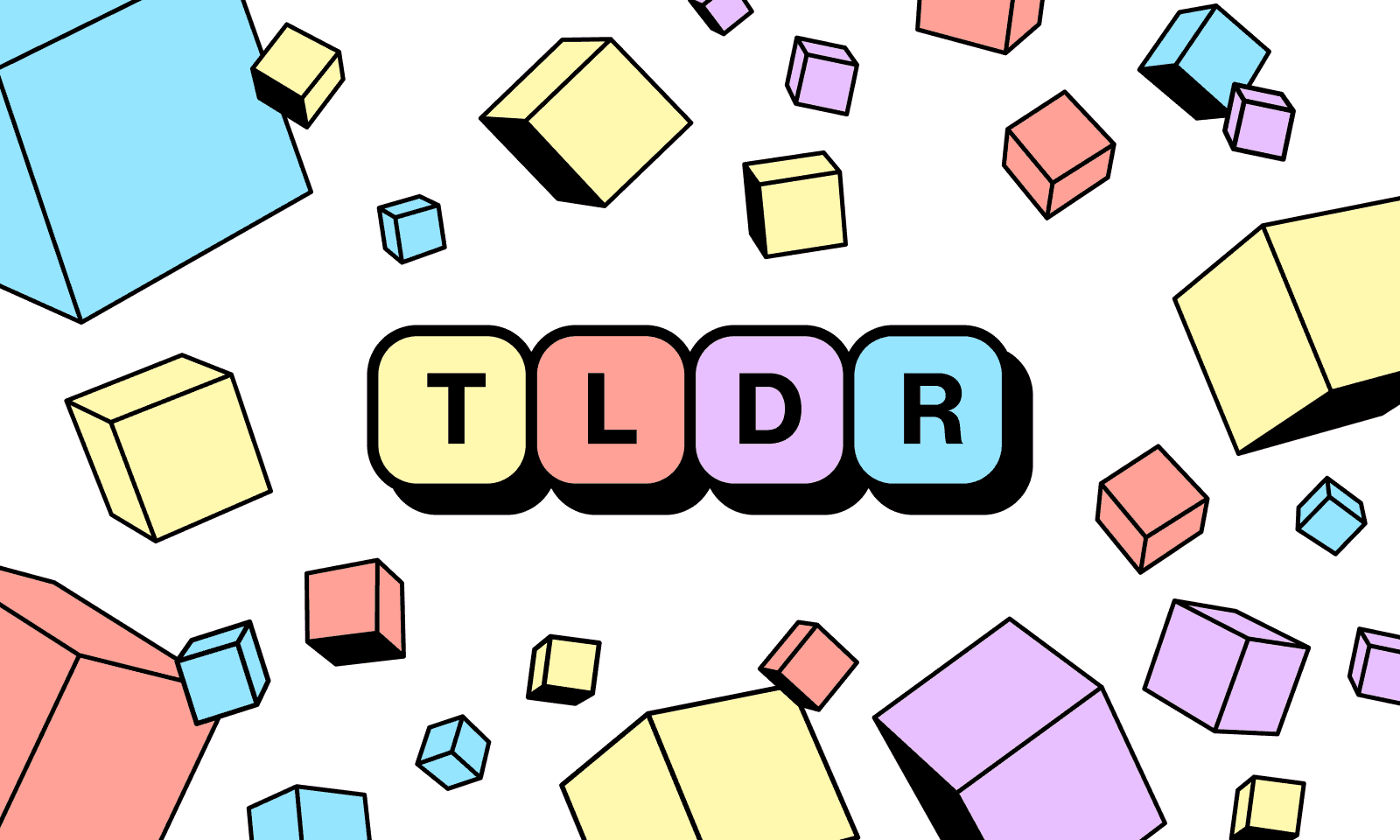
INITIATIVE
A VITADAO PROJECT
The Longevity Decentralized Review (TLDR)
INITIATED SEPTEMBER 23, 2022
INITIATIVE

The Longevity Decentralized Review (TLDR) is an on-demand service that provides peer reviews of scientific manuscripts and compensates reviewers for their work. It is funded from fees of those who submit their research to be reviewed, as well as donations. The focus of the content is longevity research posted to preprint servers such as Biorxiv, Medrxiv, and Arxiv.
Background
Journals historically provided an important function in physically printing research manuscripts. However, now with the internet, anyone can make their work accessible by posting it online. Researchers are now doing this at several websites that are known as “Rxiv” (pronounced “archive”) preprint servers. Biorxiv, Medrxiv, and Arxiv are examples.
The remaining major distinction between a journal and preprint servers is that journals have peer review. Peer review is the process of scientists reviewing each other’s work to determine if the work is worthy of publishing. Scientists can spend many hours assessing the quality of results and suggesting changes, often with several rounds of revision. However, one major issue is that the journals do not pay scientists for any of this work! Rather, the journals charge large and growing fees (many thousands of dollars) to scientists for the privilege of publishing in their journals. The journals have little costs because scientists do most of the work for free, resulting in journals having massive profit margins.
Scientists pay journal fees predominantly from publicly funded (government/charity) and increasingly inadequate non-profit research budgets to have other scientists do free labor reviewing for the journal. It is widely acknowledged by many that this is an unacceptable, exploitative system that needs to change. It is also becoming untenable, with many journals now struggling to recruit peer reviewers, thus impeding the dissemination of new knowledge.
Aims, Hypothesis & Results
The Longevity Decentralized Review (TLDR) is an on-demand peer review service that addresses some critical issues with academic journals.
TLDR aims to provide researchers with peer reviews of their manuscripts in a timely and fair fashion, whilst compensating reviewers for their efforts. This will enable researchers to have proof of their peer reviews such that they don’t need to rely on journals. This could expedite the time taken for the public to know what research is credible without having to wait several months or years for its publication in a journal.
TLDR aims to grow VitaDAO’s treasury by taking in revenue, whilst augmenting VitaDAO’s longevity dealflow by creating a larger, more decentralized community evaluating longevity research.



